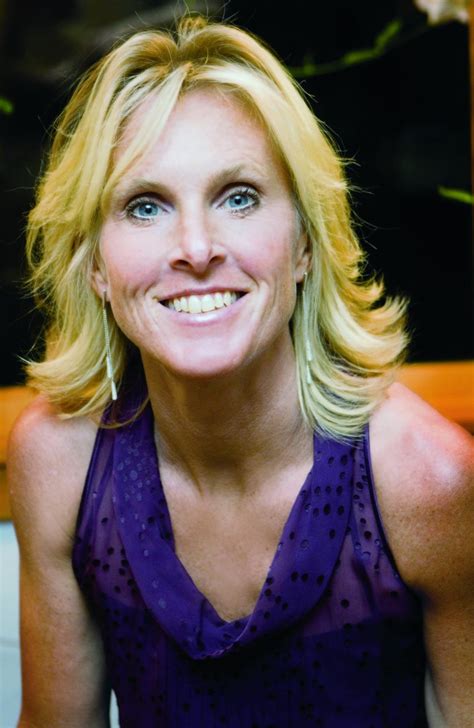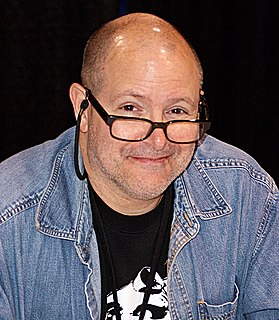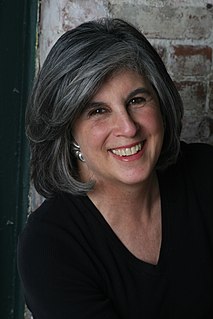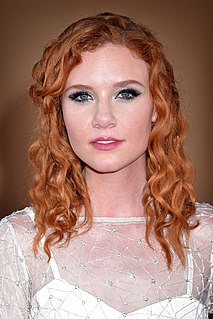A Quote by Elin Hilderbrand
My books, I will say one thing - they all have a driving narrative, and you have to turn the pages, and the way you do that is to create characters that you really love and care about and put them in a fairly dire situation.
Related Quotes
I look at all of world mythology and folklore as my toy to play with. There are just so many characters and creatures there I want to put on paper. It's a really exciting thing for me to take material that I really love and put a new coat of paint on it and present it to this audience. And I don't have to make up any of the characters. I can just pull a book of mythology off the shelf and say, "I'll use this guy." I also hate making up names for fantasy characters. I'll just flip through these books and say, "Wow, this is way crazier than anything I could make up".
When you create those characters that people love and care about and put them in a dark hallway, already the audience is on edge, and they feel empathy for that character. Then it's up to me to decide what jumps out in that hallway. So I think laying that foundation of strong characters and strong story is the most important thing in a horror film.
You have to expose part of yourself to create a character deep enough for readers to care about. You try not to because it's hard and at times shameful, but then when you read those pages over and you see they have no life to them so you throw them away and force yourself to be more honest. So I suppose the answer is I see myself in all my characters, in their best moments and in their worst.
I love being in the archives, traveling, sitting in dusty places and looking at books with brittle pages. I love reading biographies and researching, to make myself informed about whatever political or historical time I'm writing about. From there, a lot of the emotional truths about my characters emerge.
If you cared enough about your characters, what happened to them was interesting... it's important to care about them, about who they are and what they do...I don't really care whose side they are on, and they can be monstrous on the outside or, worse, on the inside, but you still have to want to spend time with them.
I can't single out one of my books or characters as a favorite. In the same way that I don't have a favorite kidney, my books are organically all part of myself. I might even say that put all together, the books are one ongoing, developing story - which, not coincidentally, happens to be my own lifestory.






































